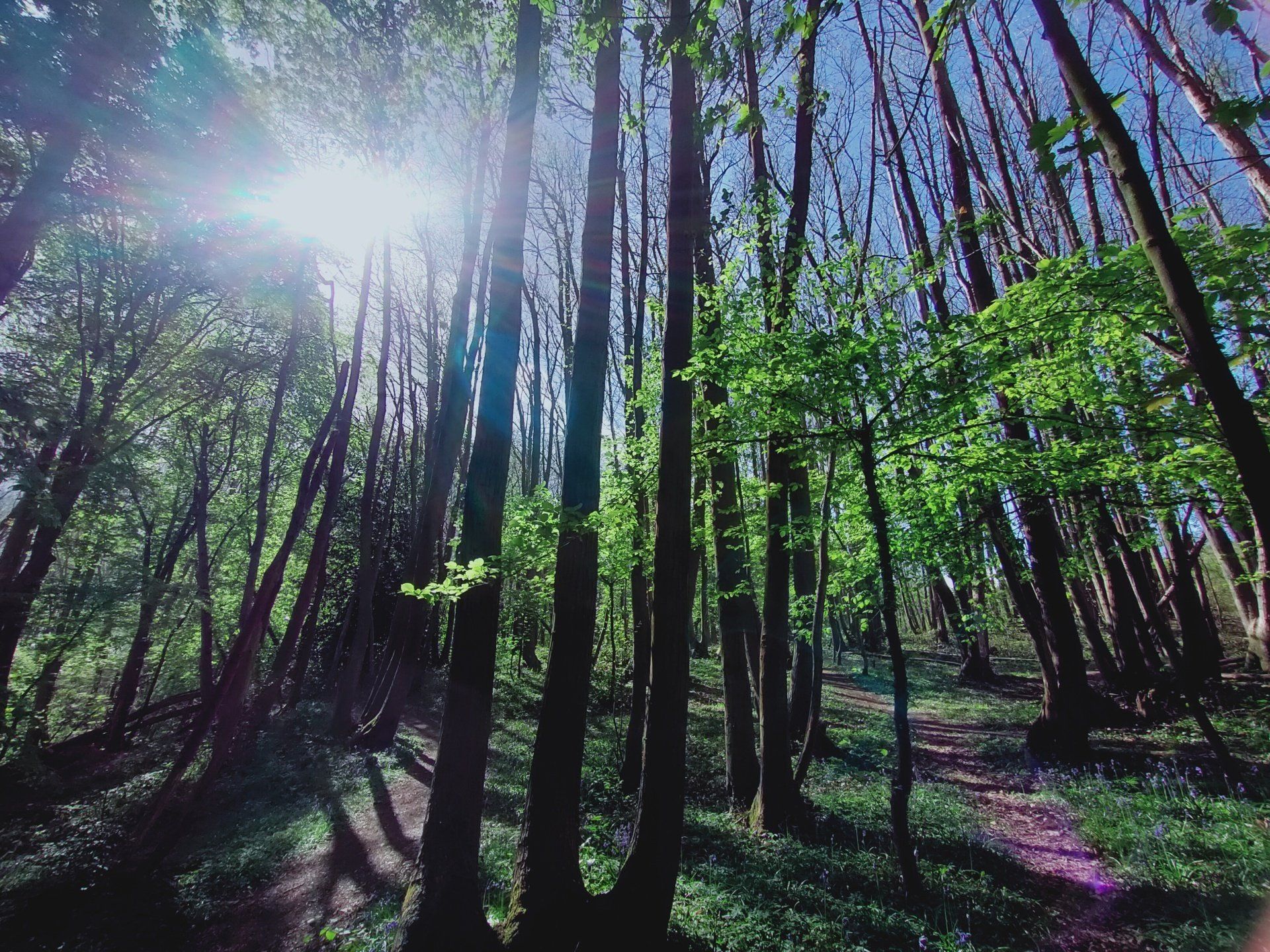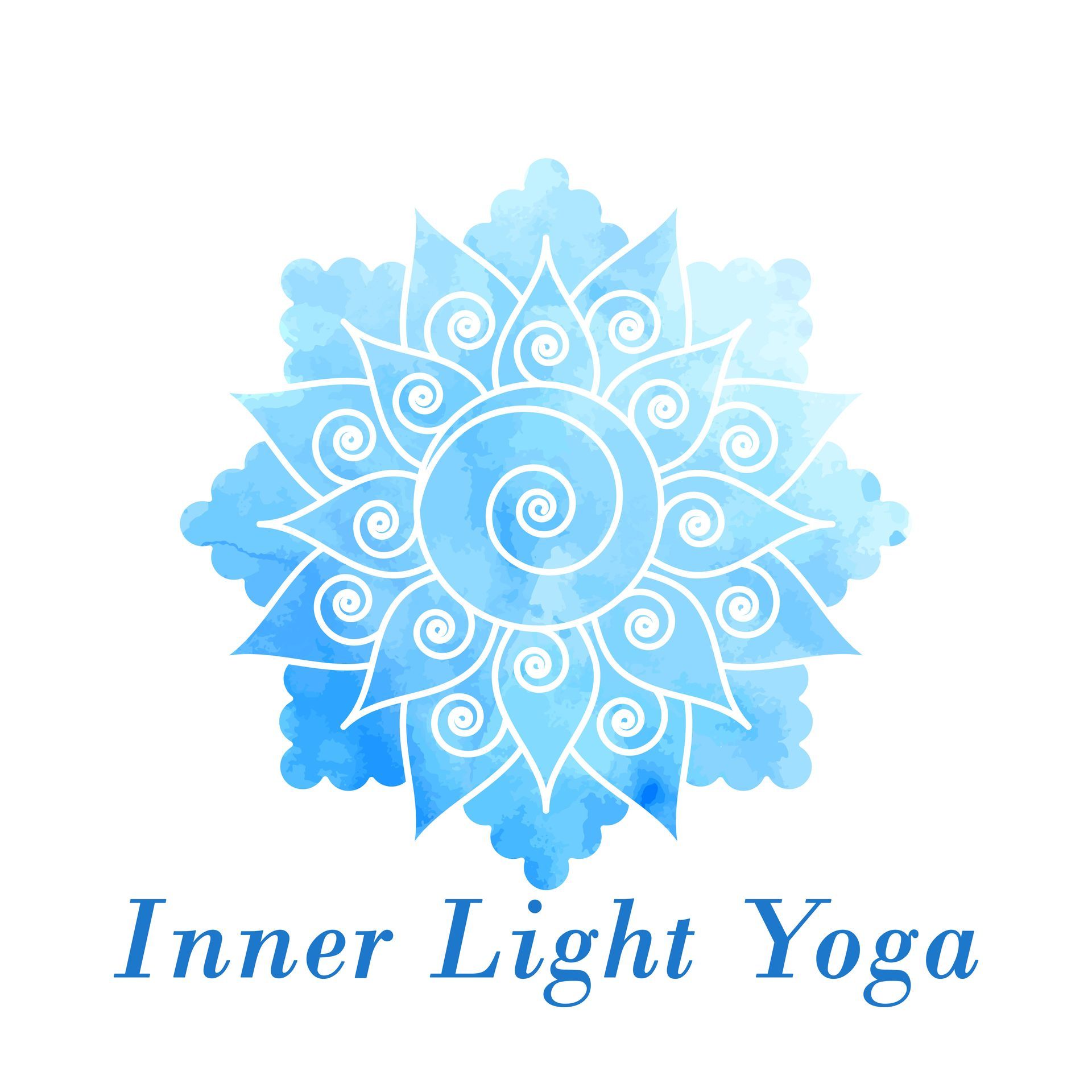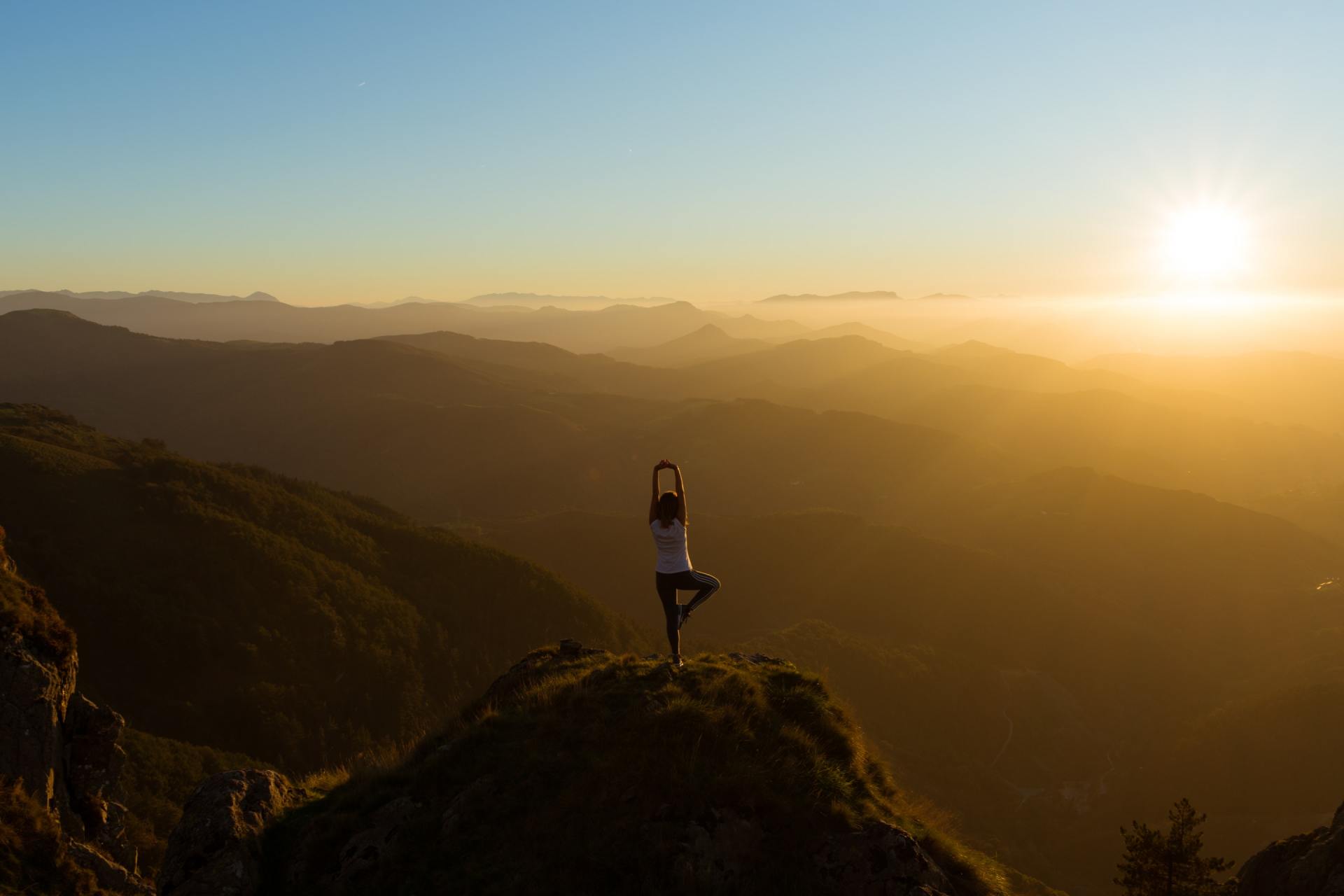How to sleep better with meditation
Rose-Marie Sorokin • May 23, 2020
Tips on improving your sleep

When I was building my first business as a translator many years ago, I suffered from a lot of stress. I started having intense pain in my shoulders, neck, arms, hands and back as a result of very long hours in front of the computer. I sometimes had crazy deadline and would work until 1am! My sleep was also very disturbed. As I had a background as a dance and fitness, I was very aware of that I needed to move my body to alleviate the pain and tension. I created a series of movements that I would do two to three times a day. I also did some deep stretching and breathing. It helped! I started to sleep better, and I had less pain.
Then I got a large project to work on and my movement and breathing program didn’t seem to work as well anymore. There were also other stressful things going on in my life. I was feeling exceptionally overwhelmed and I was reacting stressfully to all these situations and my mind when into overdrive. I was totally wired and couldn’t sleep very well. Desperate for solutions, I gave meditation a try. I started sleeping better and soon the situations got resolved, as they mostly always do, and I had got enough from meditation to suspect I had discovered a powerful method for peace of mind.
I’ve never really looked back. Meditation became a habit, and eventually I trained to become a mediation teacher to help other people to experience the same benefits.
In recent years it feels like our sleep — or more accurately the lack of it — has come into sharper focus. It seems that many of us who are living a fast paced, always on, modern Western lifestyle suspect that we’re generally not getting enough good quality sleep. This can result in a feeling of being chronically under-rested or Tired All The Time (TATT!).
I looked at what the science says about meditative practices and their effects on sleep and rest.
The first study was with a group of moderately suffering insomniacs, published in JAMA Internal Medicine in 2015. Half of the group completed a mindfulness awareness program and the other half did a sleep hygiene education program that taught them other ways to improve their sleep. The results were surprising. Compared with the people in the sleep education group, those in the mindfulness group had less insomnia, fatigue, and depression at the end of the six sessions.
In the 1970s Dr Herbert Benson, a pioneer of scientific meditation research coined the term “the relaxation response” The relaxation response is a counterbalance to the fight-or-flight response, in which a deep state of mental and physiological rest can be elicited. The good news is that Dr Benson’s research showed that we can purposely prompt this response.
Some mindfulness meditation and other meditation techniques involving focusing on either the breath, an object or a repeated word or phrase (mantra) were shown to elicit the relaxation response. Further research showed that the relaxation response can help ease many stress-related ailments, including depression, pain, and high blood pressure. For many people, sleep disorders are closely tied to stress, according to Dr. Benson.
A study done at the University of Massachusetts Medical Center’s Stress Reduction and Relaxation Program, found that meditators produced significantly higher melatonin levels than non-meditators. Melatonin is a hormone produced in the brain that amongst other benefits regulates our circadian rhythms, makes us feel less alert and induces the onset of sleep. This was a small study of just 16 participants and so results must be taken into context, but the findings do tally with a lot of anecdotal evidence of meditators reporting easier and better sleep, myself included. I started meditating to solve that very problem and haven’t had sleep issues again for years despite working through other situations that have induced similar stress levels since.
So will developing a regular meditation practice help us both to rest more deeply and sleep easier and better. What else can we adapt from meditative practices?
Now and then I’ll wake up in the middle of the night and have a lot of thoughts in my mind (usually about some problem I tried to solve the day before). In the past this would have been a real problem and I would have found it difficult to go back to sleep. That is rarely a problem now as I am using a couple of meditative techniques that usually help me go back to sleep quickly.
The first is simply focusing on my breath, releasing tension on every exhale and sinking further into the mattress. A couple of minutes of that’s usually enough and I fall back into sleep. Other times I use a progressive muscle relaxation where I go through the body, bit by bit.
Outside of meditation, there’s a lot of other things you can do. Here are a few:
• Good “sleep hygiene” — the habits that are optimising a regular good nights’ sleep. It is about your sleep environment, and general habits and routines including diet, exercise and other areas.
• I can highly recommend “Why We Sleep” by Matthew Walker.
• Limiting / eliminating screen time on devices or TVs an hour before bed is very effective. It has helped me very much!
• Plan to avoid being overwhelmed. Especially the priorities & to-dos, get them on paper so they stop swirling around in my head.
• A slow deep stretch or Yoga before going to bed — linking your breath to the movements. It releases tension and moves the focus of the mind.
I’m sure there’s many other great sleep tips and tricks — share your best ones in the comments below.

Learning how to trust yourself is one of the most important things you can do to create the life you want. Everyone has an internal compass, and following it is always the best path to long-term happiness. Yet, many people are conditioned to NOT trust themselves. Why? This blog post is all about staying true to yourself, in an unpredictable world where you’re surrounded by other people’s opinions and demands. It’s about developing self-compassion when things are not going your way and you experience setbacks. When you want to learn how to trust yourself, it starts with looking inward. It’s not selfish to pursue your desires and to look after yourself — it’s essential for a fulfilling life. Self-trust means consistently staying true to yourself. At its very core, trusting yourself means you look after your own needs and safety. You treat yourself with love and compassion, rather than strive for perfection. You know, deep down, that you can survive difficulties (and you refuse to give up on yourself). Here’s what self-trust looks like to me: • Awareness of your thoughts and feelings • Expressing yourself openly and honestly • Sticking to personal standards, ethics, and core values • Knowing when you need to take care of yourself first • Confidence that you can get through difficult times • Pursuing your dreams, without letting others stop you If you have trouble with self-trust, you are not alone. Most of us grew up with some form of limiting beliefs. If your parents let you get away with too much, or regularly tried to fix your problems, you may have difficulty handling responsibilities as an adult. You may feel helpless in the face of challenges or give up when things become too difficult. If you grew up hearing a victim mentality, you may be conditioned to believe that life’s circumstances are out of your control. Another common reason for not trusting yourself is past shaming or punishment. You’ve heard the phrase, “Children should be seen and not heard.” If you were routinely punished for expressing your needs as a child, you can continue to carry guilt, shame, or fear as you get older. On a grander scale, family, community, and society put pressure on who you should be. It can feel uncomfortable, even dangerous, to fully express yourself. You wear a mask and put on a performance. Here’s what a lack of self-trust looks like: • Feeling like you are not good enough. • Coming down hard on yourself when criticized, feeling guilty and ashamed. • Difficulty making decisions and constantly asking others for guidance. • Being afraid of making the wrong choice or disappointing others. • Following the advice of an external authority, even when it’s harmful to you. • Hiding your authentic self, feeling overly self-conscious. When you don’t trust yourself, you end up going in many different directions. Your actions don’t always line up with what matters to you. A discord can develop between who you are and how you act. That’s when you know you need to take back control of your life and learn how to trust yourself again. How to trust yourself again: 8 strategies to gain self-confidence Self-trust means empowering yourself, sticking to your principles, and showing up fully for yourself and others. When you follow through with these actions over time, you will learn how to trust in yourself—and invite others to do the same. 1. Start with self-compassion Everyone has an internal dialogue. Sometimes your inner voice tells you that your vision or dreams are stupid or unattainable. When you make a mistake, say or do something you regret, the inner voice typically has a lot to say — none of it kind or helpful. It’s time to transform your inner critic into a compassionate friend. When you hear yourself in a cycle of self-doubt and criticism, take a moment to respond, like you would with a good friend. Try practicing mindful self-compassion. When you notice yourself thinking, “I don’t trust myself, I’m afraid I’ll get it wrong again,” respond with, “Yes, this is hard, what can I do to handle this?” Be kind to yourself. 2. Give yourself permission If you don’t trust yourself to make a big decision start small. Give yourself permission to do something just for you, every day. True confidence comes from feeling genuinely good about yourself. Until you get there, find ways to value yourself, even if you don’t feel that way just yet. 3. Embrace vulnerability In her Ted Talk, Listening to Shame, psychologist and researcher Brene Brown says that people often look at vulnerability as a sign of weakness. But when you hide your vulnerabilities, you’ll never let anyone know the real you. She suggests reframing vulnerability. Look at it as an act of bravery, rather than an imperfection. When you allow yourself to be vulnerable, you let your guard down. You give other people the signal that they can let their guard down too. Being authentic and showing vulnerability builds strong relationships and true connections. As social creatures, we need that sense of connection to feel secure and confident. When you feel insecure in social situations, remind yourself that it’s okay to be you. Take baby steps and risk getting vulnerable. Over time, you’ll learn how to trust yourself again and those feelings of insecurity will start to disappear. 4. Set personal boundaries How to establish personal boundaries: 1. Practice self-awareness: Define your needs, likes, and dislikes. What do you feel comfortable with? What scares or upsets you? What situations in your life impact those emotional triggers? 2. Recognize that your needs matter. 3. Clearly communicate your needs with others. 4. Be assertive. Try to use “I” statements, rather than place blame on others. 5. Remember that you are in charge of yourself and can walk away at any time. 5. Listen to your thoughts When you want to get to know yourself better, look inward. Spending time alone gives you the space to listen to your thoughts and emotions. Activities like long walks, meditation, and swimming give you a chance to listen to what’s going on in your head. You may notice feelings of self-doubt that you need to address. If you have trouble being alone, turn that time into an opportunity to treat yourself. A day of pampering, treating yourself to something nice, a massage, a hot bath, a little gift — consistently treat yourself just for the sake of it. Do the things that make you feel good. 6. Express your authentic self When you can’t trust yourself, you say things you think other people will like. Rather than making decisions based on your needs, you allow external factors to control your life. You keep your voice down rather than expressing your opinion. This prevents others from knowing the real you. It makes sense to hide parts of yourself, out of fear of rejection or criticism. You hide yourself because you feel insecure. You don’t want someone to see you vulnerable. You don’t want to admit when you’ve made a mistake. But putting on a false exterior makes it hard to trust yourself. Authenticity is an important part of self-trust and developing long lasting relationships. The more authentic you can be, the more you’ll learn about yourself – and the more others will learn about you too. Let go of the idea that everyone is supposed to like you. Stay true to who you are. 7. Know what truly matters to you An inner conflict happens when you don’t understand your most important principles. Outside influences pull you in all sorts of directions. You wind up making decisions based on other people’s opinions, rather than listening to your own. When you examine beliefs and values, you can start matching your actions with your beliefs. You have a clear sense of who you are. You know when to say “yes” and when to walk away. Over time, you start to trust yourself more. 8. Trust your intuition Overthinking can get in the way of trusting yourself and listen to your heart. This can lead to internal conflict and anxiety. Sometimes you need to get out of your head, and listen to your heart. That means listening to what your body has to say about a situation. Instead of asking what you think, what do you feel? Healing starts with feeling. Your body offers an emotional intelligence, guiding you each and every day. When you suppress your true feelings, that can come up in unhealthy ways. You may vent your anger or sadness through self-destructive behavior. Take the time to listen to what your heart and your body, through practices like meditation. You don’t have to process every emotion in one sitting. But over time, you’ll learn to tune into your body more and trust your gut feeling when making decisions.

How Nature Supports Our Mental and physical Health Trees provide breathable air, timber, fuel, food, shelter, medicine and beauty. Without trees, we could not live. They can help us think better — Plato and Aristotle did their best thinking in the olive groves around Athens, Buddha found enlightenment beneath a bodhi tree, and Isaac Newton realised his theory of gravity when an apple fell from the tree under which he was sitting — and they can help us feel better. I often take long walks in nature and I particularly like walking among trees. I went on an amazing walk the other day where there were some very large and very old Jew trees. I imagined putting my arms around the tree trunk of one of them, which of course would have been impossible because they must have been several metres in diameter. These trees were so incredibly tall, steady and strong and must have seen many people walk under their branches through the years. So, let’s go for a walk in the forest. Tap into natures “heart chakra” – that green energy pulsating through the eco- system right now. Put your shoes on, turn your phone off and head out there. Maybe even hug a tree! Did you know that hugging trees are really good for your health? Even if you don’t feel like hugging a tree, just take a moment and stand under a tree and touch the bark. I did just that on my walk the other day. For thousands of years trees have been revered and appreciated for their powerful healing abilities, medicinal properties and their spiritual messages. Trees have many lessons to teach us: The deeper our “roots” go, the more we are able to handle the challenges that come our way. Healthy, mature trees have roots that travel in all directions seeking water and nutrients. Don’t be afraid to let things go. Just as the tree sheds the leaves, we should also let go when we need to. Patience and adaptability are qualities that will take us far. Trees naturally seek light. We can follow their example and seek the Light of the world. Enjoy your unique natural beauty. Bend before you break. During thousands of years, humans would have lived, worked and played in the forest, but with our urban lifestyle we have abandoned this beautiful connection, resulting causing a vast number of people’s physical and mental health to deteriorate. Urban living can cause the sympathetic branch of the nervous system, which controls the well-known ‘fight or flight’ response, to be on constant high alert. Continuously high volumes of the stress hormone, cortisol, leads to physical problems such as high blood pressure and heart disease, as well as anxiety and depression. The good news is that our nervous and immune systems can be calmed and restored by reconnecting with nature. Walking in the woods and observing the things around you and bringing awareness to the senses and simply just breathing in the clean, oxygen- infused air can do wonders for body, mind and soul. Did you know? Trees are actually filtering the air from toxins, leaving it especially clean and fresh, whilst also releasing chemicals known as phytoncides, which increase human NK (natural killer) cells, helping to fight off infection, viruses and tumours. Forest Bathing As you walk in the forest, be mindful about the landscape… Walk slowly, allow your eyes time to take in the colour palette, notice the different smells… Observe the patterns and shapes, even feel the textures… the rough bark… the soft green moss…There is no rush in the forest. Just calmness. Listen to the sweet sounds of the birds or the wind in the trees. We so often move through a landscape caught up in conversation or our own thoughts and hardly take stock of what’s around us, but if we bring awareness to the experience, we enter into the magical world of nature. Natural healing and energy Trees hold vast amounts of Earth energy (prana in yoga) that we can tap into and that can transform us. The vibration of trees resonates with a feeling of security, stability, and safety and is wonderful if we ever need a little pick me up or just to feel the connection with nature. How to do Forest Bathing • Turn off your devices to give yourself the best chance of relaxing, being mindful and enjoying a sensory forest-based experience. • Slow down. Move through the forest slowly so you can see and feel more. • Take long breaths deep into the abdomen. Extending the exhalation of air to twice the length of the inhalation sends a message to the body that it can relax. • Stop, stand or sit, smell what’s around you, what can you smell? • Take in your surroundings using all of your senses. How does the forest environment make you feel? Be observant, look at nature’s small details. • Sit quietly using mindful observation; try to avoid thinking about your to-do list or issues related to daily life. You might be surprised by the number of wild forest inhabitants you see using this process. • Keep your eyes open. The colours of nature are soothing, and studies have shown that people relax best while seeing greens and blues. • Stay as long as you can, start with a comfortable time limit and build up to the recommended two hours for a complete forest bathing experience.








